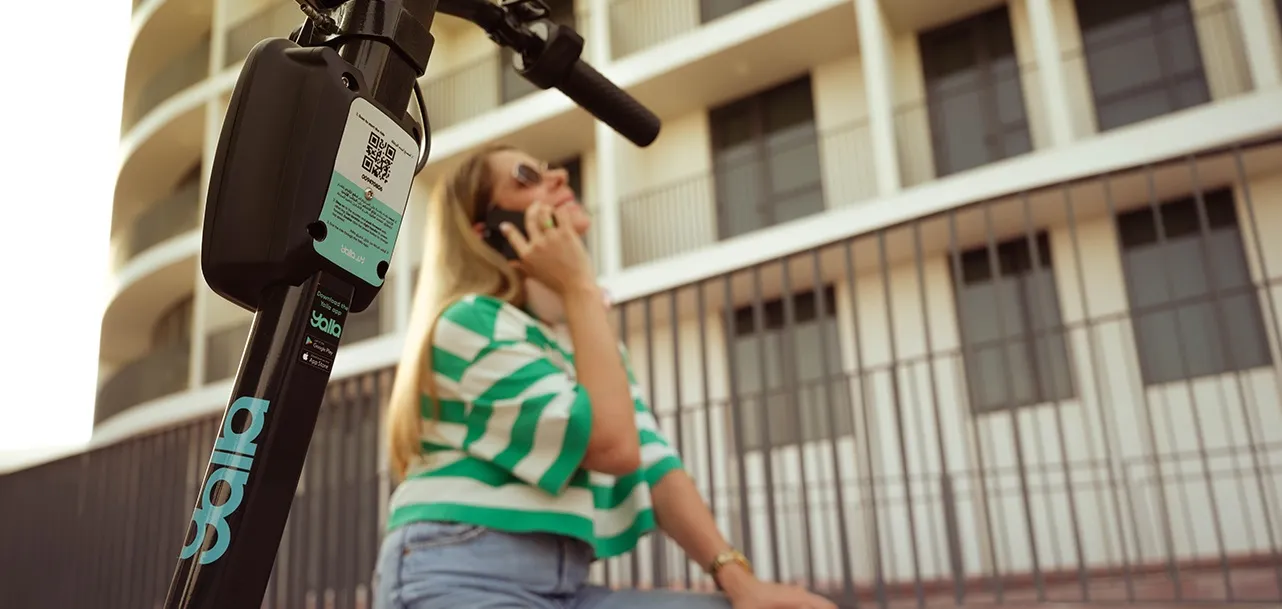
Two US cities are inviting community members to learn more about the Twin Cities Electric Vehicle Mobility Network by attending online meetings on 26 and 28 October.
The network is a collaboration in which the Minnesota cities of Saint Paul and Minneapolis are working with HourCar and Xcel Energy to establish electric vehicle (EV) charging hubs and an electric car-share service.
Russ Stark, chief resilience officer at the city of Saint Paul, says: “This new EV mobility network will help us build a city that works for all of us by expanding mobility options and reducing greenhouse gas emissions.”
The EV charging hubs will be located on public roads and operated by the cities. Each hub will have chargers dedicated to the HourCar’s electric car-share vehicles as well as chargers for privately-owned EVs.
The HourCar service will allow users to park the car on any on-street legal parking space within the service area. It will also encourage drivers to return vehicles to a charging hub.
Community members will be able to share their input and suggestions by taking part in an online survey.
Kim Havey, sustainability director at the City of Minneapolis, says: “We encourage everyone to let us know how including electric car-share vehicles in our transportation network will help them go car-free.”









